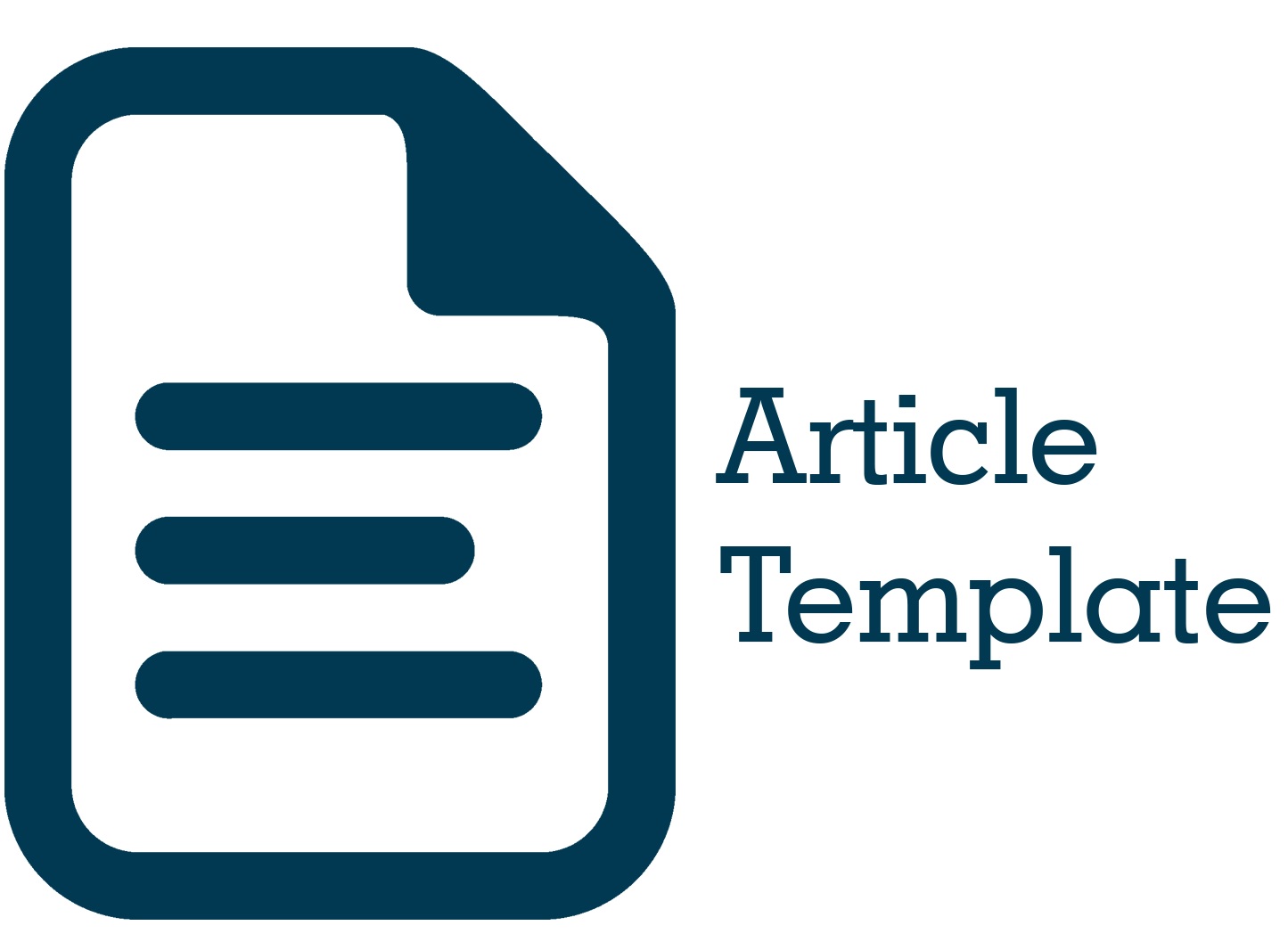Implementasi Pelaksanaan Progam PPPK Menurut UU No 5 Tahun 2014
DOI:
https://doi.org/10.51135/PublicPolicy.v3.i1.p1-15Keywords:
PPPK, Welfare, Employees, RegulationsAbstract
Abstrack: In today's era, employee welfare is very important. Because with the welfare of employees, it can improve the quality and quality of the employees themselves in an agency or company. Often we still find problems in the field regarding the welfare of employees, such as temporary employees. There are still many honorary employees who do not feel or enjoy the welfare of their hard work. Especially in areas and in remote areas. Therefore, the central government in order to accommodate the aspirations of honorary employees and civil society, the government created a program for non-PNS ASN (State Civil Apparatus) employees, namely the PPPK Program. It is hoped that this program will be able to improve the welfare of the community and provide a sense of calm in the community for their lives. The Probolinggo City Government is one of the cities in Indonesia that has begun to select and implement the PPPK program in the scope of its personnel. This is reflected, in 2019, the Probolinggo City Government recruited PPPK. The PPPK program is an implementation of the regulation of Law No. 5 of 2014. The PPPK program or also called Government Employees with Work Agreements, every ASN with PPPK status gets the same rights and facilities as civil servants. PPPK has the same obligations and rights as civil servants with civil servant status. It is hoped that this journal will be able to provide broad and specific knowledge of the PPPK program, especially within the Probolinggo City Government.
Keywords: PPPK, Welfare, Employees, Regulations.
Downloads

Downloads
Published
How to Cite
Issue
Section
License
Authors whose manuscripts are published in the Journal of Public Policy must agree to the following terms;
- Publication rights for all manuscript materials published are held by the editorial board with the author's consent.
- The legal formalities for digital access to the Journal of Public Policy are subject to the Creative Commons Attribution Sharealike (CC BY SA) license, which means the Journal of Public Policy has the right to store, redistribute, reformat, manage in a database, maintain, and publish the manuscript without seeking permission from the author as long as the author's name is included as the copyright owner.
- Published manuscripts are open access for the purpose of disseminating research results. Besides this purpose, the editorial board is not responsible for copyright law violations.


.png)



